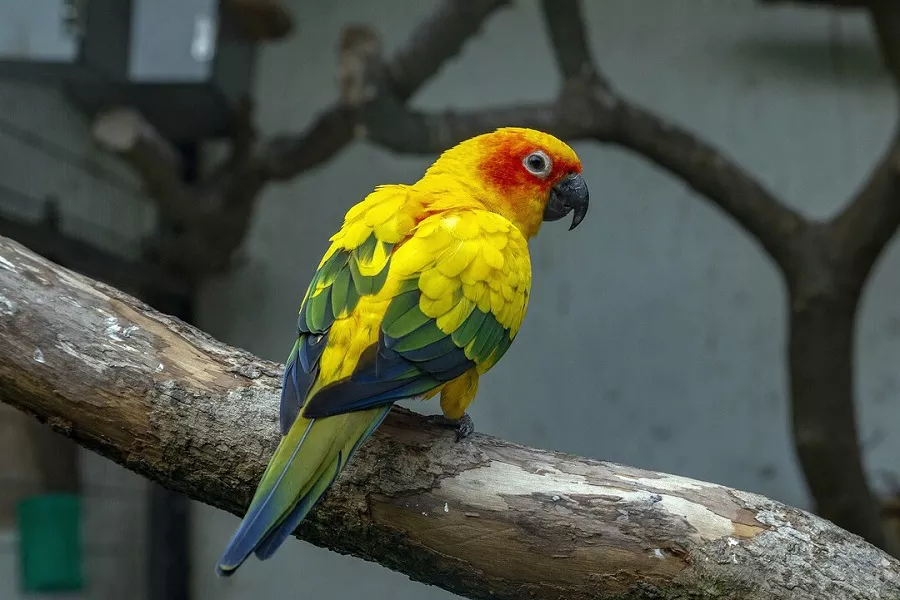Sun conures are beautiful and popular pet birds, known for their vibrant coloration and playful personalities. As with all pets, it’s important to be aware of what they can and cannot eat to ensure their health and wellbeing. In this article, we will discuss what sun conures should not eat to help keep them safe.
- Avocado
Avocado is toxic to many species of birds, including sun conures. The flesh, skin, and pit of the avocado contain a toxin called persin that can cause respiratory distress, heart failure, and death in birds. If you have avocado in your home, be sure to keep it out of your bird’s reach.
- Chocolate
Chocolate contains a chemical called theobromine that is toxic to birds. Even a small amount of chocolate can cause vomiting, diarrhea, seizures, and death in sun conures. Keep all chocolate and chocolate-containing products away from your bird.
- Caffeine
Caffeine is found in many human foods and beverages, including coffee, tea, chocolate, and soda. It can be toxic to sun conures, causing hyperactivity, restlessness, and heart palpitations. Avoid giving your bird any foods or drinks that contain caffeine.
- Alcohol
Alcohol is toxic to birds and can cause respiratory distress, vomiting, diarrhea, and even death. Never give your sun conure any alcoholic beverages or foods that contain alcohol.
- Salt and high-sodium foods
Sun conures have delicate kidneys and are sensitive to high levels of salt and sodium. Avoid giving your bird salty foods such as chips, pretzels, and processed meats, as well as foods that are high in sodium such as cheese and bread.
- Raw beans
Raw beans contain a toxin called lectin that can cause vomiting, diarrhea, and other digestive problems in sun conures. Cook all beans thoroughly before feeding them to your bird.
- Fruit seeds and pits
While many fruits are safe for sun conures, their seeds and pits can be toxic. Avoid giving your bird fruits with large seeds or pits, such as peaches, plums, and cherries. These seeds and pits can cause choking, blockages, and even cyanide poisoning.
In conclusion, while sun conures are relatively easy to feed, it’s important to be aware of what they can and cannot eat. By avoiding the foods listed above, you can help keep your bird healthy and happy. If you have any questions or concerns about your sun conure’s diet, consult with a veterinarian who specializes in avian medicine.


 Facebook
Facebook  Instagram
Instagram  Youtube
Youtube 